In this week’s blog, I interview Adi Divgi, president of EA Global, his single-family office established in 2005. Adi offers valuable insight into Collaborative Procurement, and why family offices should care.
Adi’s Background
Adi was born in India and raised in New York. He attended public primary and secondary school in Manhattan before earning his BA in International Studies (Spanish minor) from the University of Pennsylvania, a BS in Economics and an MBA in Finance from Wharton. He is a proud graduate of the Huntsman Program. Adi began his career at Deutsche Bank, working in New York and Mexico City. Being a global traveler with native fluency in Spanish, he found that his international background allowed him to adopt a more global mindset with respect to his investment philosophy and approach to risk.
Adi established EA Global in 2005 so that his family could administer its various properties, and overall asset allocation from a centralized investment vehicle. The family office currently has one operating vehicle and one investment subsidiary. In 2013 the family had a liquidity event- selling one of their Manhattan properties. Looking to the future, EA Global plans to diversify away from residential real estate, and replace lost rental yield with current income-generating strategies.
In addition to EA Global, Adi is head of Alternative Investments at Quanta US Holdings Inc.- a Catalina Holdings (Bermuda) Ltd Company. Prior to his current role at Quanta, he oversaw a substantial Alternative Investments program at a large North American institutional investor. With approval from the investor’s board of trustees, he executed over $3.5 billion in capital commitments in alternative investments. He also oversaw the initial development of the manager search process for the investor’s $1.5 billion allocation to Emerging Markets Debt.
Adi’s two proudest accomplishments are creating an evergreen investment platform in his prior institutional role that has generated over a 15% net IRR since inception, and having his wife, Ekta, and son, Arjun, featured as models in Season 10 of Project Runway. (Click Here for link. Arjun’s cameo is at 4:24 and Ekta’s dialogue starts at 7:21).
What is Collaborative Procurement? Why should family offices care?
Collaborative Procurement enables like-minded families to create “commingled separate accounts”, into which capital is contributed to invest proactively in a common mandate. Family offices employing Collaborative Procurement could potentially replicate an institutional investor’s ability to create strategic partnerships with best-of-breed managers. These partnerships, in addition to a more competitive pricing structure, would also more effectively align the interests of the family office investor’s limited partners with those of the fund manager and general partner.
What are 1-2 simple truths to family office investing? What are the opportunities for FOs through partnering with an institutional investor?
The biggest truth is that all families are different. Family dynamics, idiosyncrasies and values influence choices families make about their assets. As a result, investment programs need to be designed at the outset to incorporate each family’s unique situation.
I discovered another simple truth in March 2011, when I simultaneously managed my EA Global family office responsibilities, and oversaw a $7.5 billion allocation in alternative investments at a top-10 AUM US institutional investor. Although it has narrowed over the past several decades, there continues to be a wide gap between the private wealth and institutional worlds in terms of their respective investment approaches towards alternatives. Having “worn two hats” I saw firsthand the tremendous benefits of developing best practices in investing, as well as infrastructure in my clients’ institutional portfolios. This experience led to subsequent potential implementation of such practices in EA Global’s platform. Other family offices can similarly benefit from implementing institutional best practices for alternatives in investments and infrastructure. The alternatives investment platform that I created started investing in December 2011 and has generated over 15% net IRR as of December 2013 across approximately $1.5 billion in invested capital. It is important to remember that there is no free lunch. Best practices entail fixed costs that typically require a minimum commitment to make implementation economically feasible.
How might a family office go about partnering or find peer investors to scale their platform? Where should they turn for resources or advice?
The key ingredient for a successful and scalable platform is a strong leader who can execute the institutional investment strategy and develop corresponding infrastructure. I would strongly suggest exploring the Global Thought Leadership Network to maximize sourcing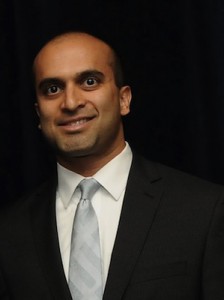 opportunities. Critical mass is also very important to offset fixed costs associated with incorporation of institutional best practices in alternatives.
opportunities. Critical mass is also very important to offset fixed costs associated with incorporation of institutional best practices in alternatives.
I am also a potential resource for family offices since I have executed this strategy, developed the infrastructure and created a global sourcing network on behalf of EA Global and my institutional investor clients. My on-the-ground sourcing relationships are based in Miami, Los Angeles, San Francisco, New York, London, Dubai and Kuala Lumpur, among other locations.
What are 2-3 best practices for family offices when it comes to collaborative procurement?
The most important thing is for families to have a common set of core investment guidelines. These include a drawdown (versus fully-funded) investment structure that is incentivized to seek opportunities only when they offer the best risk-adjusted return based on a benchmark agreed upon upfront by the investor limited partners. Similarly, the capital would be returned to the vehicle when such returns are no longer attractive on a risk-adjusted basis. Independent service providers are also important so that there is no conflict of interest. These include Administrator, Bank Custodian and Prime Broker Custodians (if applicable).
Posted by: Adi Divgi, Source: Interviewed by Dr. Kirby Rosplock on 3 July 2014, Dr. Kirby Rosplock Blog

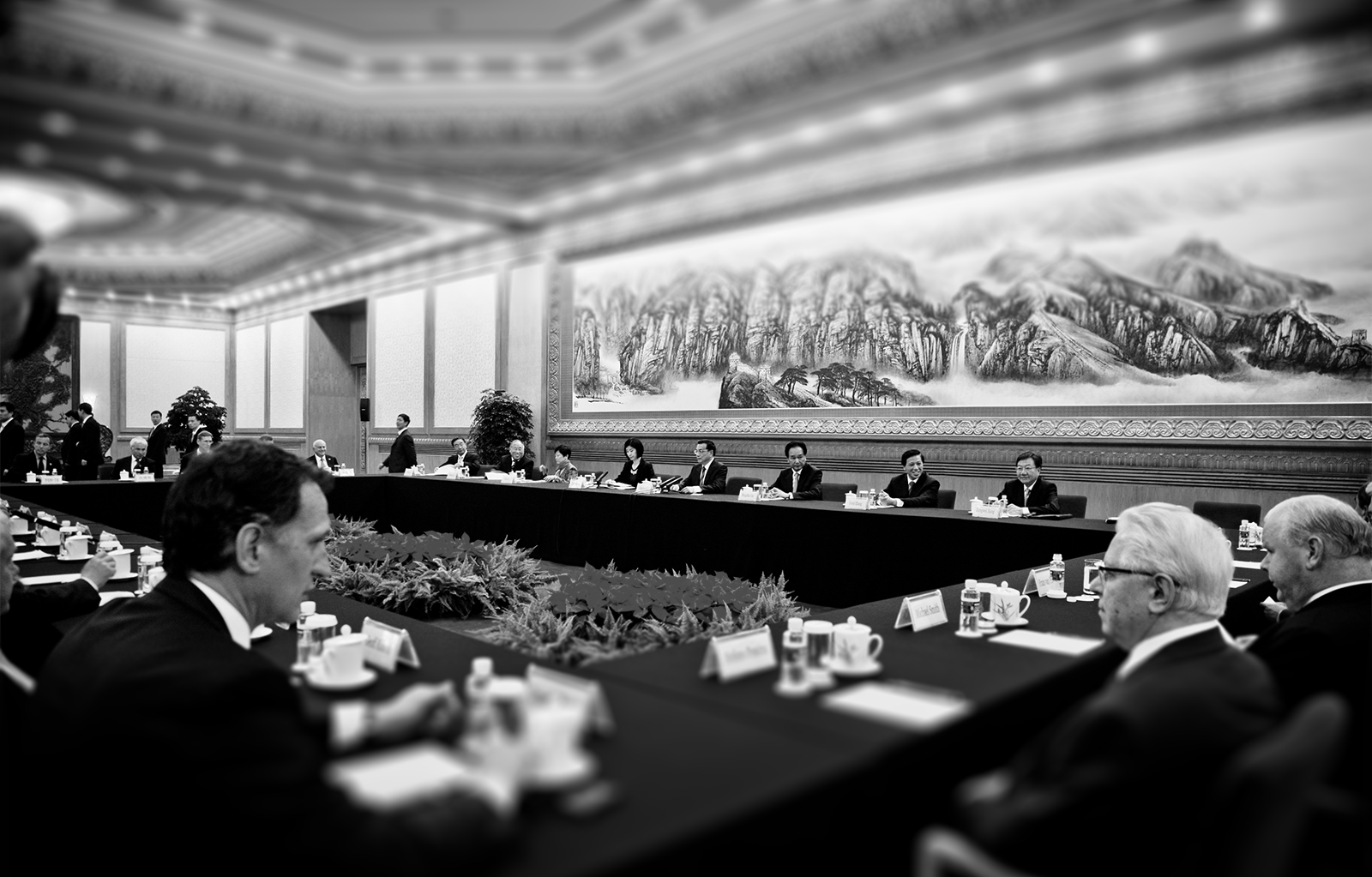
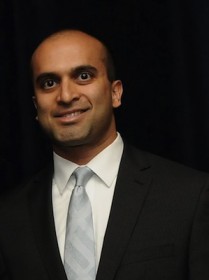



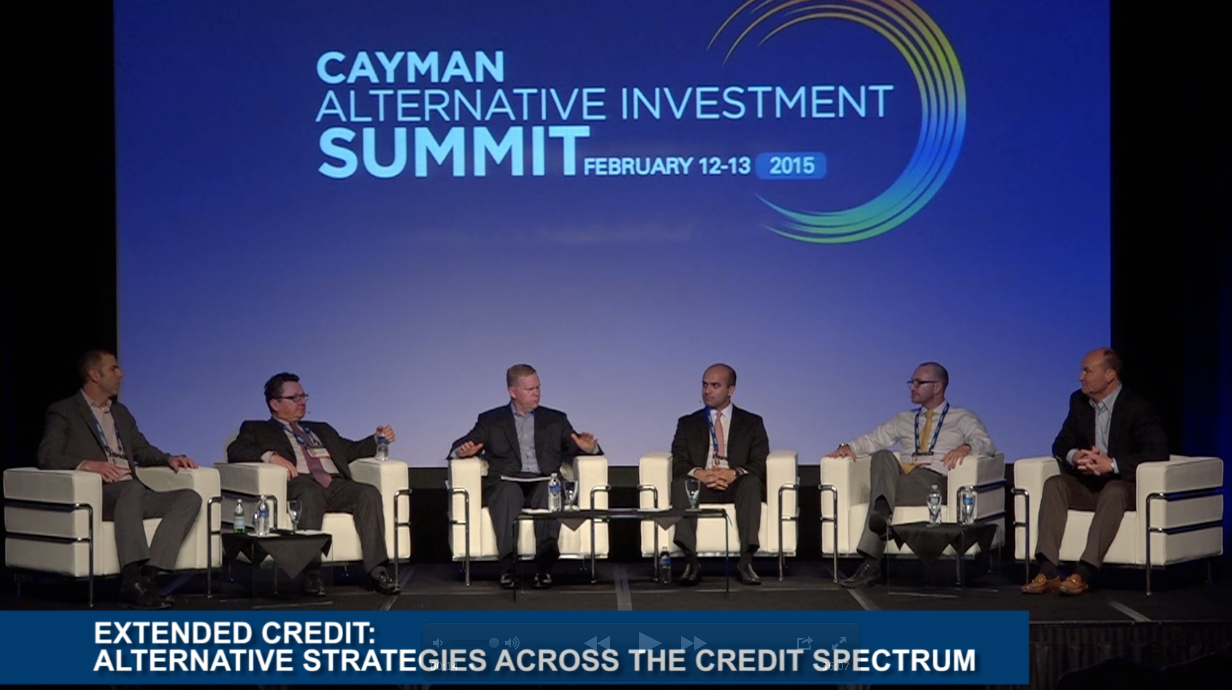
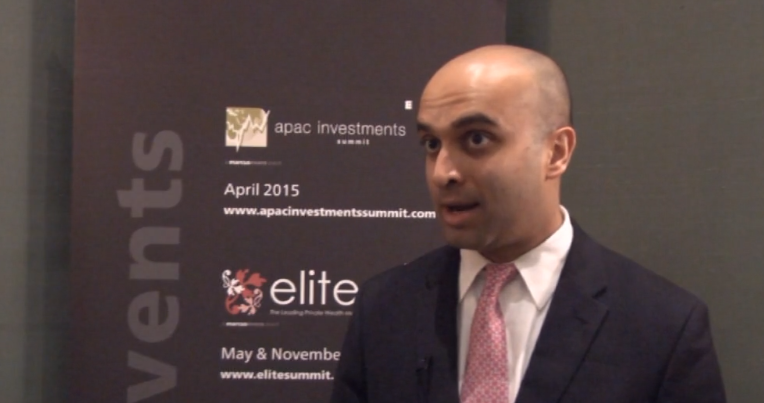
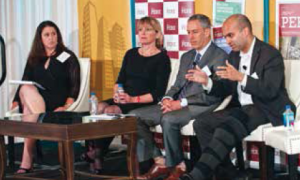
 opportunities. Critical mass is also very important to offset fixed costs associated with incorporation of institutional best practices in alternatives.
opportunities. Critical mass is also very important to offset fixed costs associated with incorporation of institutional best practices in alternatives.

 Here at gaim we’re looking forward to our next event in Monaco, which is hurtling towards us at the speed of a Formula 1 racing car! To find out a bit more about some of our speakers, we’ve been asking them to talk about subjects that are of significance to them and to the industry. We caught up with Adi Divgi, President & CIO of EA GLOBAL, who answers some questions on collaborative procurement and how this can work for investors; with the right resources, market intelligence and investment principles.
Here at gaim we’re looking forward to our next event in Monaco, which is hurtling towards us at the speed of a Formula 1 racing car! To find out a bit more about some of our speakers, we’ve been asking them to talk about subjects that are of significance to them and to the industry. We caught up with Adi Divgi, President & CIO of EA GLOBAL, who answers some questions on collaborative procurement and how this can work for investors; with the right resources, market intelligence and investment principles.